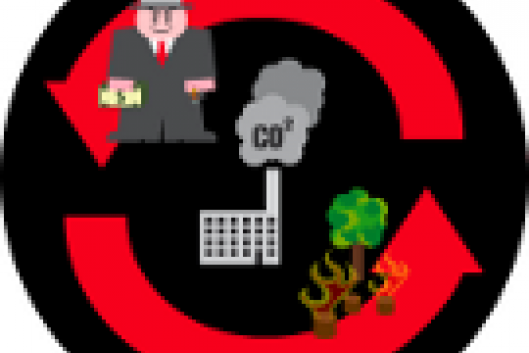Disponível apenas em inglês.
To coincide with the COP19 UN climate negotiations in Warsaw, Greenpeace has released a short briefing explaining why forests cannot offset fossil fuel emissions.
By Greenpeace, November 2013
The fossil fuel industry frequently argues that emissions caused by burning oil, coal and gas or other fossil carbon could be made up for by forest conservation. Using forests as an offset, the argument goes, would allow industry to keep emitting without having any detrimental effects on the climate. This briefing explains the flawed logic behind that argument. There are countless reasons to protect forests but using them as a carbon offset mechanism for emissions from fossil fuels is not one of them and will not save the climate.
Recent estimates suggest deforestation is responsible for about 10 to 15% of anthropogenic – or manmade – carbon dioxide (CO2) emissions[1]. Consequently, stopping deforestation is a crucial component in achieving the dramatic emission cuts we need to make in order to avoid catastrophic climate change. Offsets, by definition, do not reduce overall emissions but merely shift them from one place to another. In addition to that the unique characteristics of forest carbon (explained below), illustrate that it is impossible to replace fossil carbon with forest carbon. Taken together this makes it mandatory that reductions in deforestation are in addition to, and not instead of, cuts in fossil carbon emissions.
